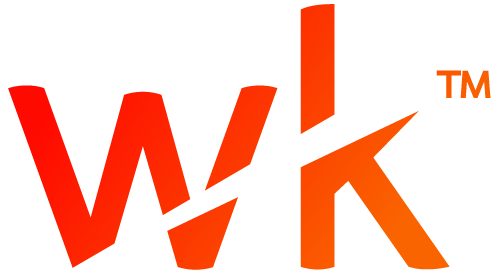Today, I am going to talk about one of the most powerful social media marketing tools: the Facebook Pixel.
The Facebook Pixel is a Javascript code snippet that allows you to monitor the activities users perform when they land on your website. Many of the businesses that get in touch with us to get help on Facebook do advertise their content by themselves, however, the vast majority of them does not use a Facebook Pixel or has never heard of it, so it often is the first thing we do. To give you an idea of its potential, just think about those times when you visit a website and then you go on Facebook and find advertisements with the same content you just saw on the other website: that’s when (part of) the magic of the Pixel happens! It does not have any effect on search engine optimisation, but it is equally effective.
Main functions of the Facebook Pixel
The Facebook Pixel looks like a simple monitoring tool, which it is indeed, but because of its nature, it offers a lot possibilities of use, thanks to its strict link with Facebook. In fact, you may use it for:
- Creation of events and custom conversation, by tracking the actions users accomplish on your website and picking the most relevant;
- Create custom audiences, so you can use them later, perhaps for re-marketing campaigns or to show your ads to people who already interacted with your website, so they are more likely to buy;
- Create lookalike audiences, which, as the name suggets, will allow you to show your ads to new audiences, but still similar to the original ones;
- Make remarketing campaigns for your e-commerce for users who did not accomplish the action desired (e.g.: they added a product to the cart, but did not purchase it);
- Optimise your funnel with a degree of precision that would be impossible to reach otherwise;
- Grab the attention of your target thanks to the knowledge of their most recondite preferences.
Most important thing: the Facebook Pixel does not only monitor the actions of people who get to your website via Facebook advertising, but also those who come from other sources, like other websites, search engines, or simple direct traffic, and this is the reason why you should always install the Facebook Pixel, even though you are not planning to use it at the moment, so that you still get useful reports.
Facebook Pixel is cross-device
Another valuable feature is the fact that the Facebook Pixel is able to distinguish the device a user is using when they go on your website. Basically, if you are logged on Facebook both on your laptop and your smartphone, and you visit the same website on both devices, Facebook knows it was you and will show to the website owner that the same person visited their website twice (obviously your name won’t appear anywhere).
This feature might be used to test the effectiveness of your responsive design: if you notice that users visit your website from mobile, but they complete the purchase when they access from their PC, it means your website has got a bad UX design on mobile, and it must be improved in order to increase conversions.
The events
When you will be able to master your Facebook Pixel menu (it won’t take you longer than a few hours), you will find that you can track different kinds of actions on your website, which are called “events”.
There are three kinds of events:
- Standard events: simple events like page views or adding to cart, they are easy to customise with a lot of different parametres like numeric value, currency, content type, content ID, and so on. Of course, a little knowledge of the CMS you use is necessary.
- Dynamic events: events that happen without exiting from the landing page, like clicking on a button that triggers an AJAX event, or the scrolling to a certain point, the mouse passing over an element, and so on.
- Custom events: they work just like standard events, but you can customise their name and parametres, very useful to get data on particular actions.
Monitor, analyse, improve!
As you can see, a Facebook Pixel can tell you a lot of things about your website and your strategy. Keep monitoring the results, analyse them, and make changes to improve your funnel.
